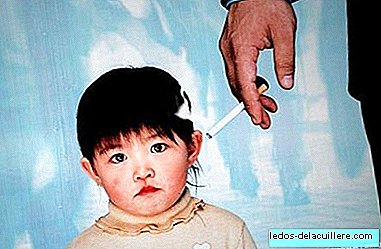
Zika has become widespread in 34 countries in the Americas with documented outbreaks. It is an infection caused by a virus that is transmitted by mosquito bites Aedes aegypti. If the bite occurs in a pregnant woman, the infection crosses the placenta and affects the baby's brain development, sometimes causing microcephaly, a much smaller head growth than normal.
A vaccine against Zika could have a substantial effect on the mitigation and prevention of future outbreaks of the virus. Through a combination of direct protection and indirect transmission reduction, the virtual elimination, even with an imperfect efficacy and coverage of the vaccine, according to the results of this research, which is published in the Annals of Internal Medicine.
Zika vaccine
So far there is no vaccine or specific treatment for Zika infection. For that reason, treatment for all people is aimed at relieving symptoms, including pregnant women who must follow their doctor's recommendations and take the necessary precautions if traveling to countries with Zika.
Since there is no specific treatment for Zika infection, protect by vaccination to women of reproductive age is a priority objective of WHO.
This body is following up on candidate Zika virus vaccines that are under investigation and development. The future is hopeful since one of them, developed by the US Department of Health, has demonstrated high efficacy in humans in the first phase of trials.
More than 90% of the study volunteers in the 3 trials that received the vaccine under investigation demonstrated an immune response to the Zika virus.

Effective vaccination results
Researchers at the Yale University School of Public Health in the United States have developed a computerized model to quantify the effect of a Zika vaccination strategy that would give priority to women ages 9 to 49, followed by men from 9 to 49 years. The model considered both sexual and vector transmission, as well as country-specific mosquito density.
The researchers found that a 75% effective vaccine in about 90% of women ages 9 to 49 reduce the incidence of prenatal infections by at least 94%, depending on the specific country Zika rate.












